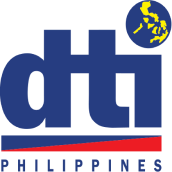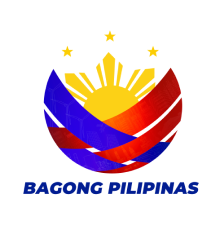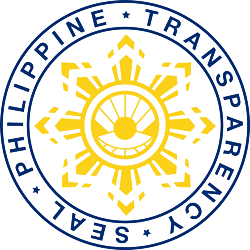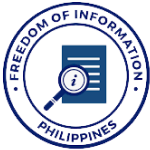Overview
Role of NTB Council
The Non-Tariff Barriers (NTBs) Council plays a significant role in international trade by addressing and managing the complexities introduced by non-tariff measures. The main roles of the NTBs Council include:
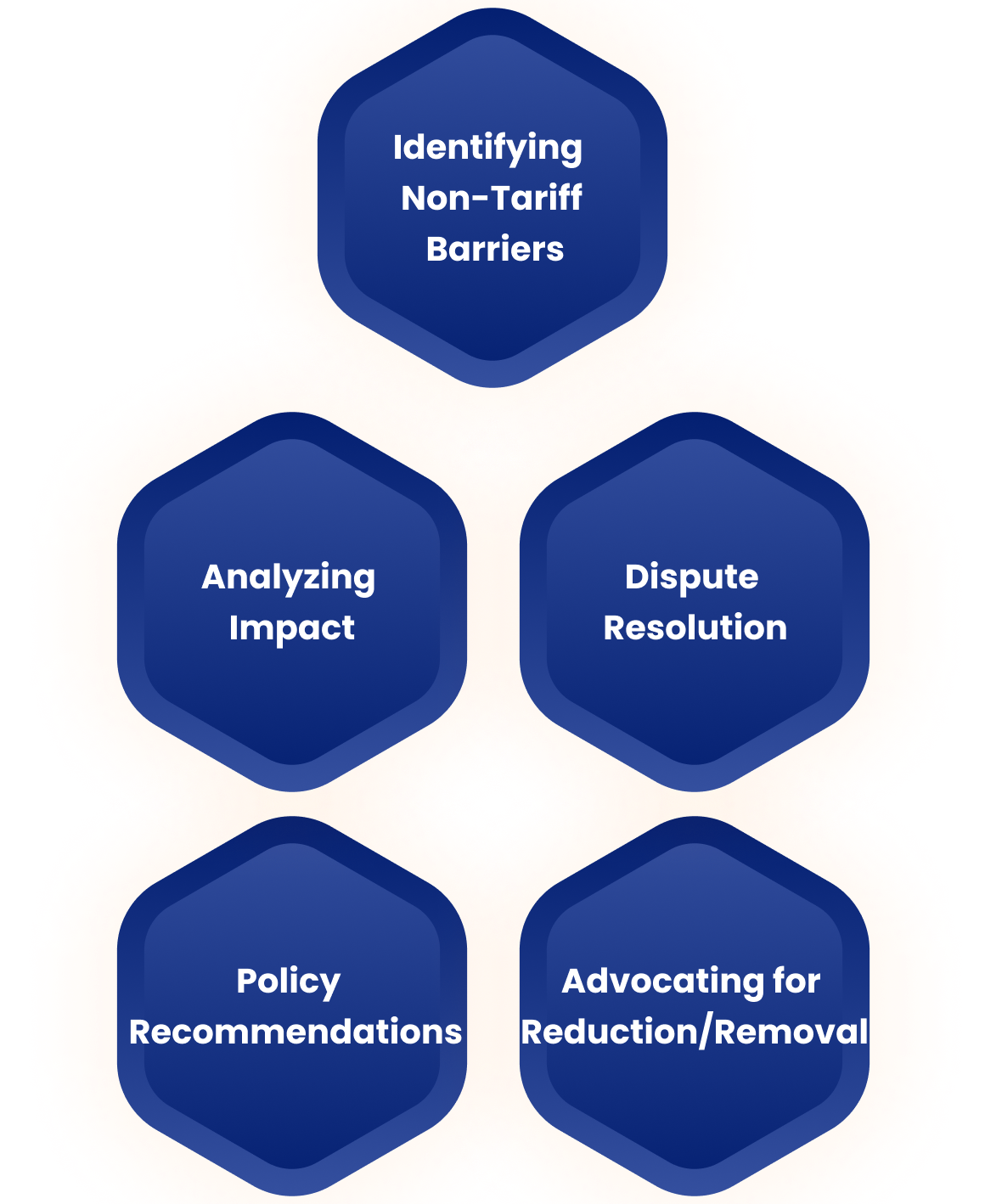
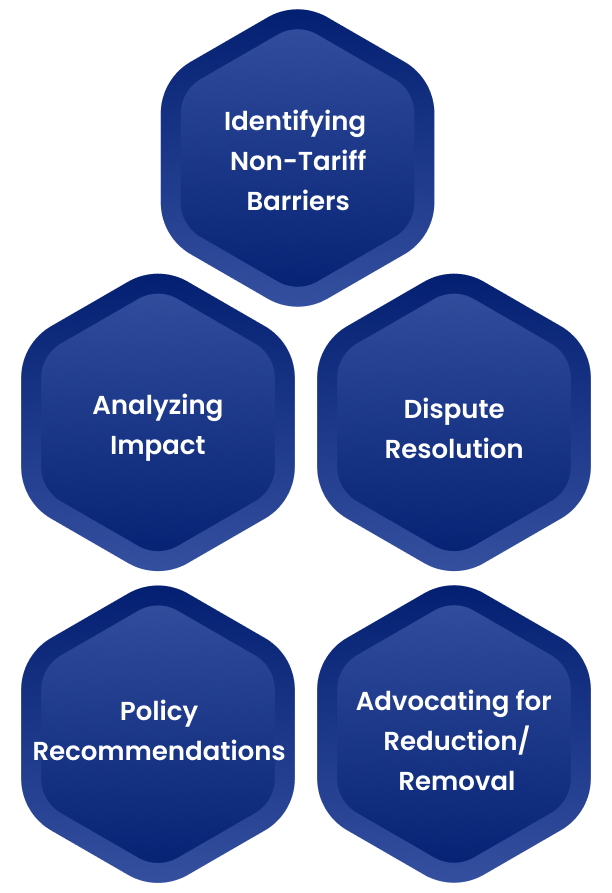
-
Identifying Non-Tariff Barriers
Cataloging and monitoring various NTBs imposed by different countries.
-
Analyzing Impact
Assessing the economic impact of these barriers on trade and international relations.
-
Advocating for Reduction/Removal
Working towards the reduction or elimination of unnecessary NTBs to facilitate smoother trade.
-
Policy Recommendations
Providing policy recommendations to governments and international bodies.
-
Dispute Resolution
Helping to resolve trade disputes arising from NTBs.
Information of NTB Council


The Non-Tariff Barriers (NTB) Council is an organization that focus on addressing non-tariff barriers in trade. Its mission is to identify, reduce, and eliminate non-tariff barriers to facilitate smoother and more efficient international trade. They tracked NTBs imposed by various countries and published reports on the impact of NTBs on international trade.
NTB Council works with governments and international organizations to promote policies that reduce NTBs and organize forums and discussions to raise awareness about the negative impacts of NTBs. The Council facilitates negotiations between countries to resolve disputes and act as a mediator in conflicts involving NTBs.
Non-Tariff Barrier Council List
In the Philippines, several councils and organizations work to address non-tariff barriers to facilitate trade, ensure compliance with international trade standards from technical to sanitary measures, and aims to facilitate smoother international trade by reducing or eliminating these barriers. Here is a list of some key organizations and councils involved in handling NTBs in the Philippines.
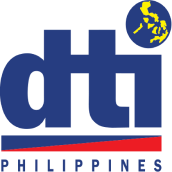
Implements policies and programs aimed at reducing NTBs and promoting trade. The Bureau of Import Services (BIS) under DTI manages import regulations and licensing.

Advises the government on trade and industry policies. Addresses issues related to NTBs and promotes trade liberalization.

Develops, adopts, and implements national standards. Ensures that imported products comply with Philippine standards.
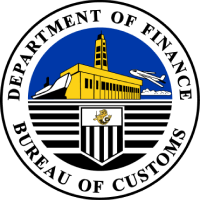
Enforces customs laws and regulations. Implements measures to facilitate trade while ensuring compliance with non-tariff measures.
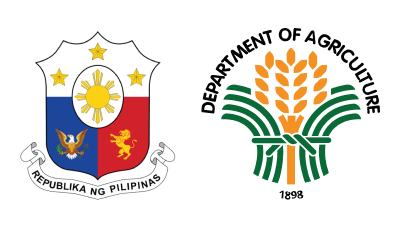
Regulates agricultural imports to ensure food safety and compliance with sanitary and phytosanitary standards. Bureau of Animal Industry (BAI) and Bureau of Plant Industry (BPI) manage specific regulations.
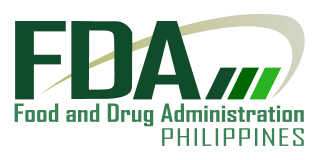
Ensures the safety, efficacy, and quality of food, drugs, and cosmetics. Regulates the importation of these products in compliance with health standards.
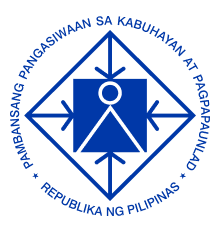
Coordinates the development of trade policies and strategies. Analyzes the impact of NTBs on the economy and trade.
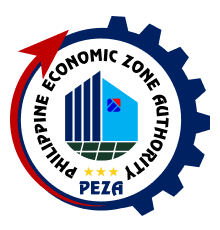
Facilitates the export of goods and services by providing incentives and reducing barriers. Oversees the operation of economic zones where NTBs may be minimized.
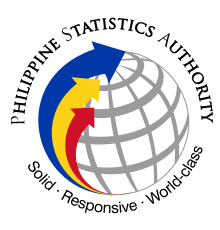
Provides statistical data and analysis on trade and economic performance. Monitors the impact of NTBs on trade flows.
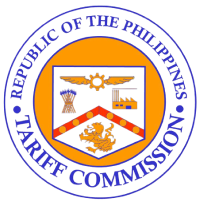
Responsible for conducting investigations and public hearings on tariff and non-tariff barriers. Provides recommendations on tariff adjustments and trade remedy measures.

